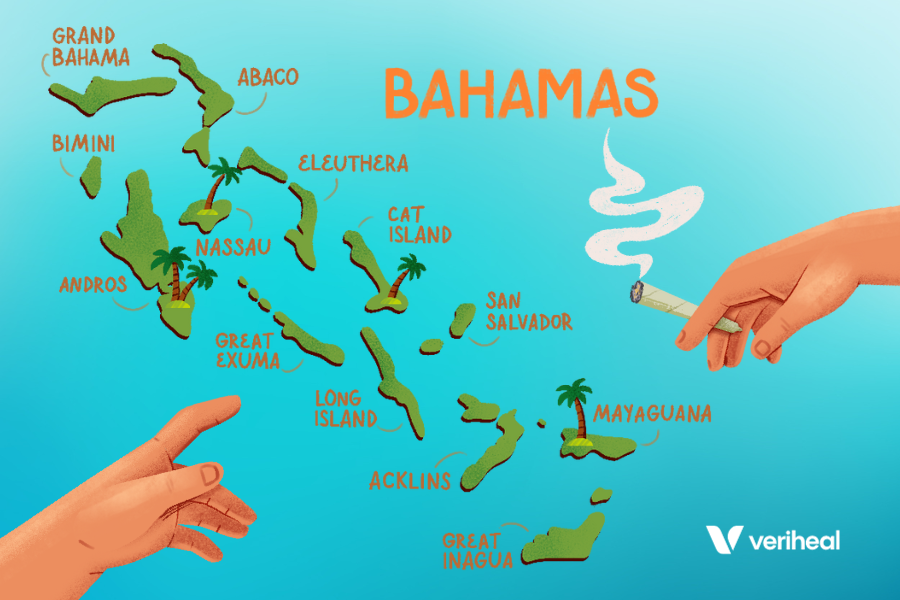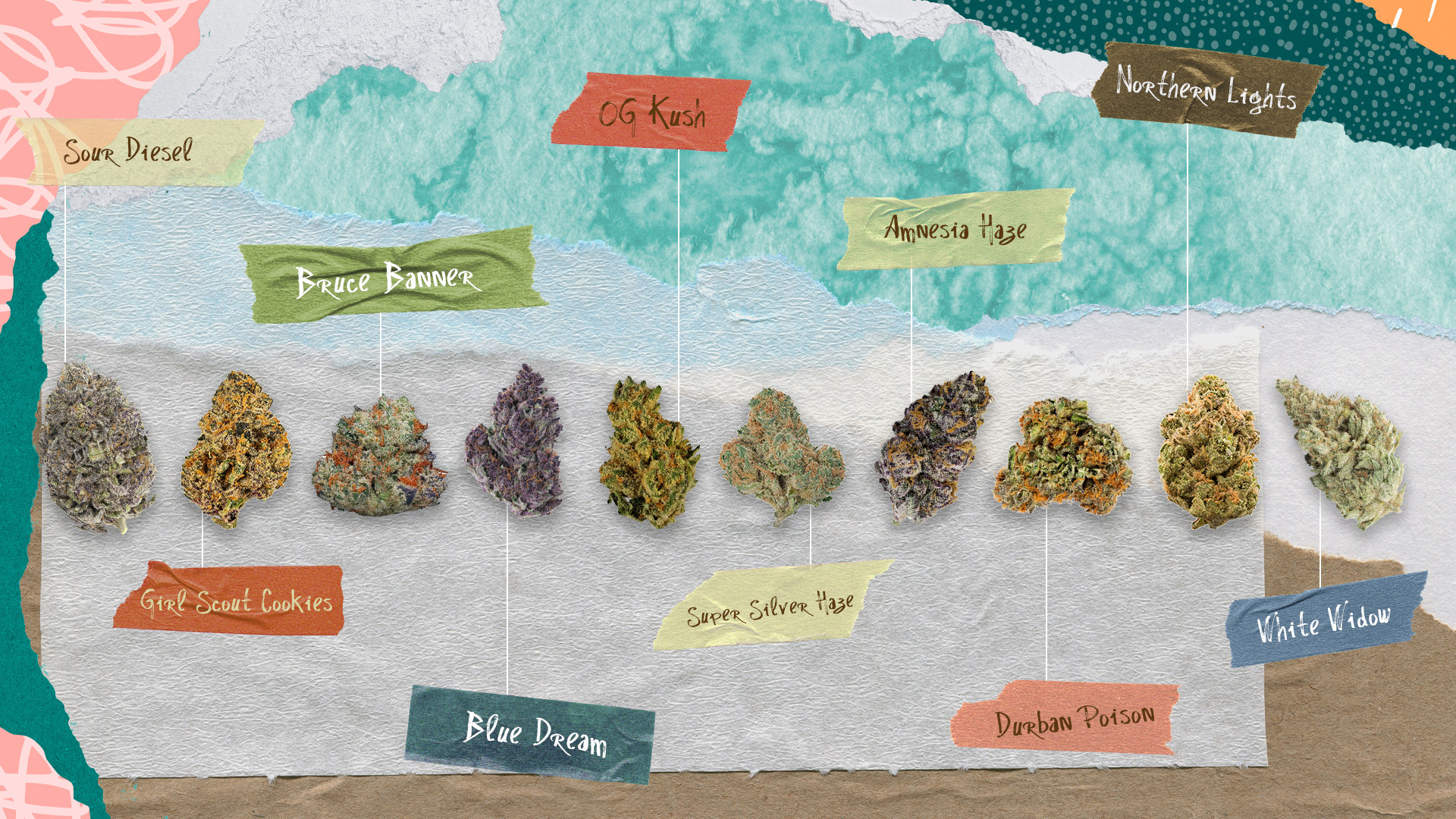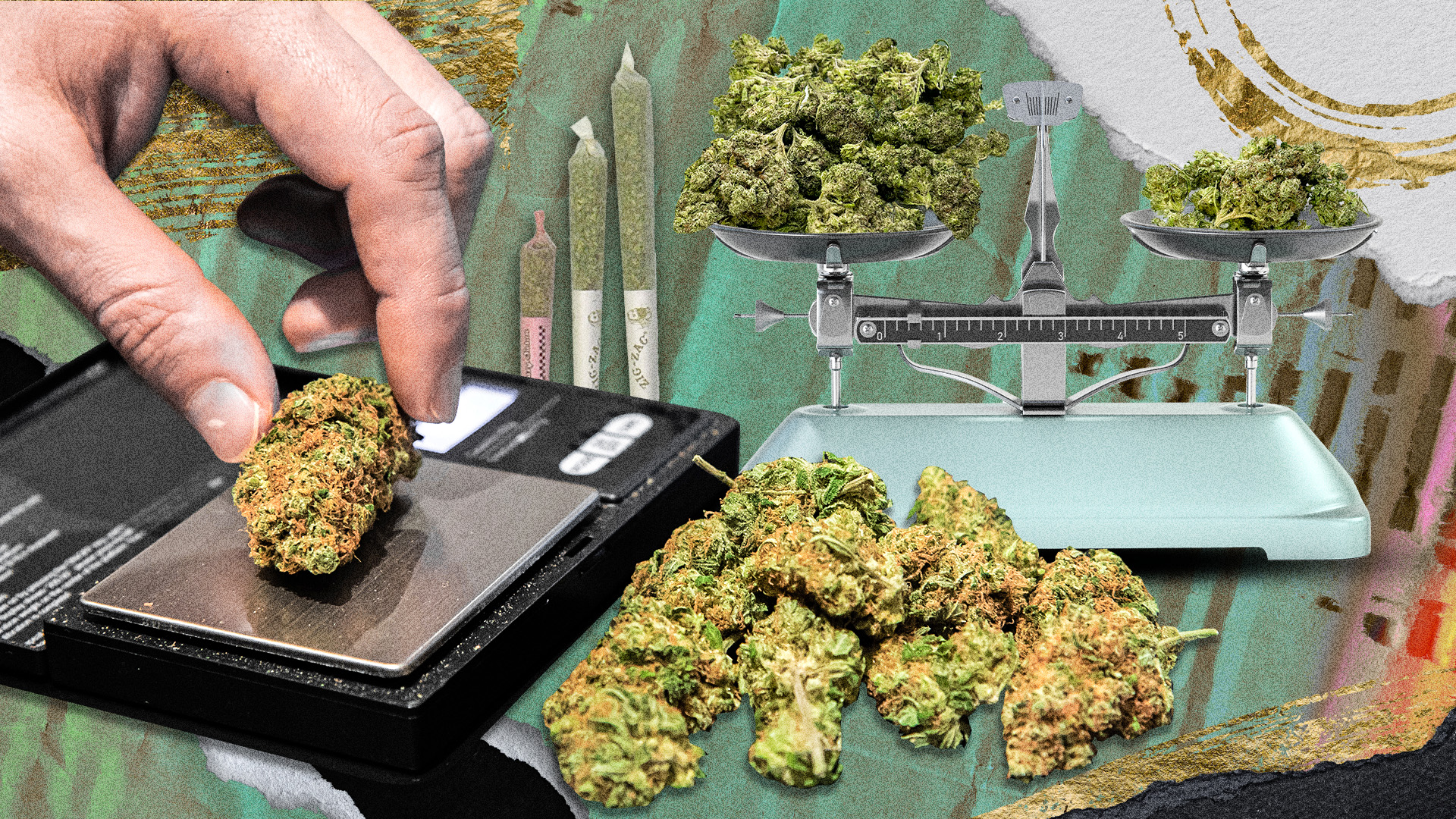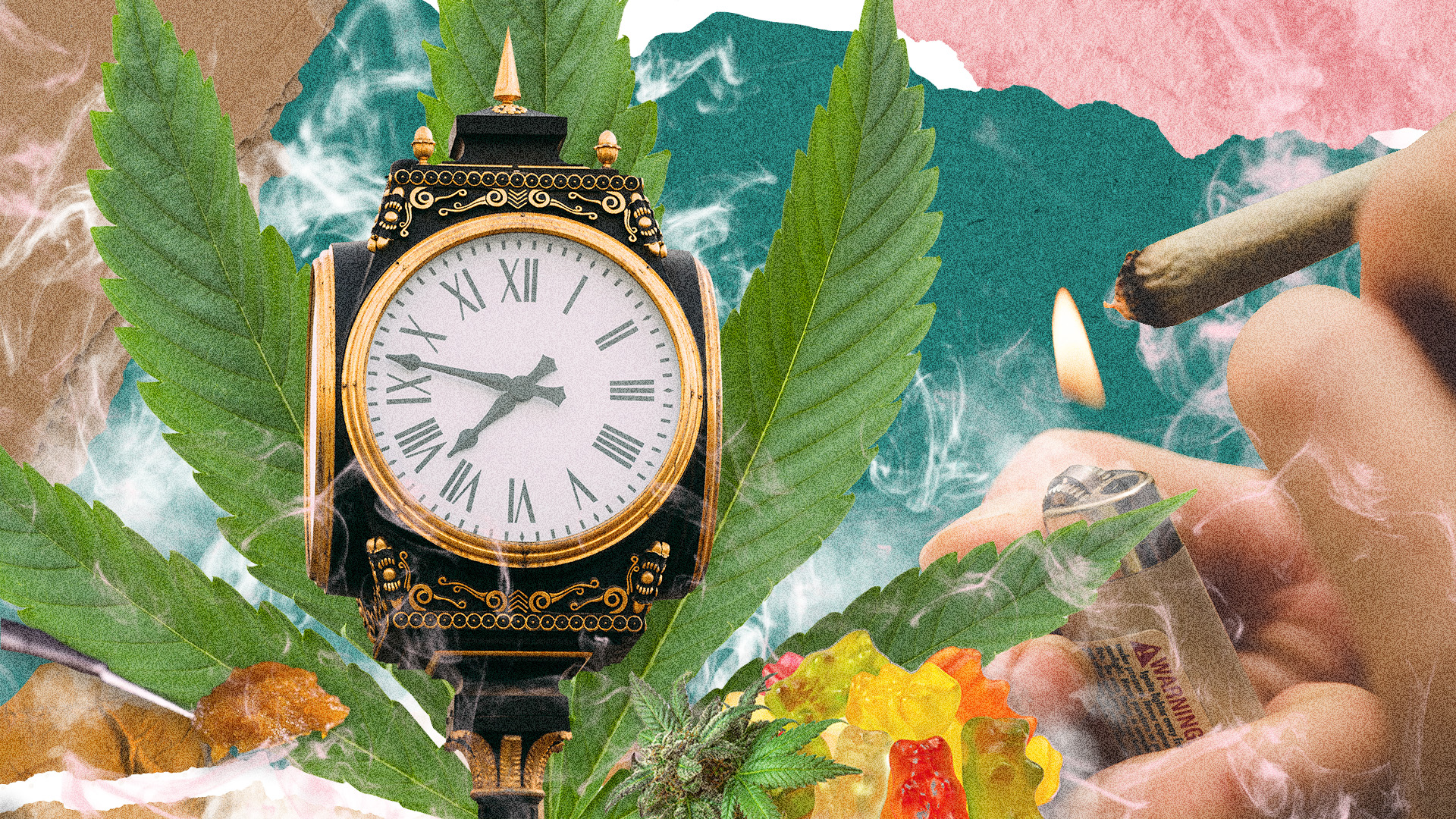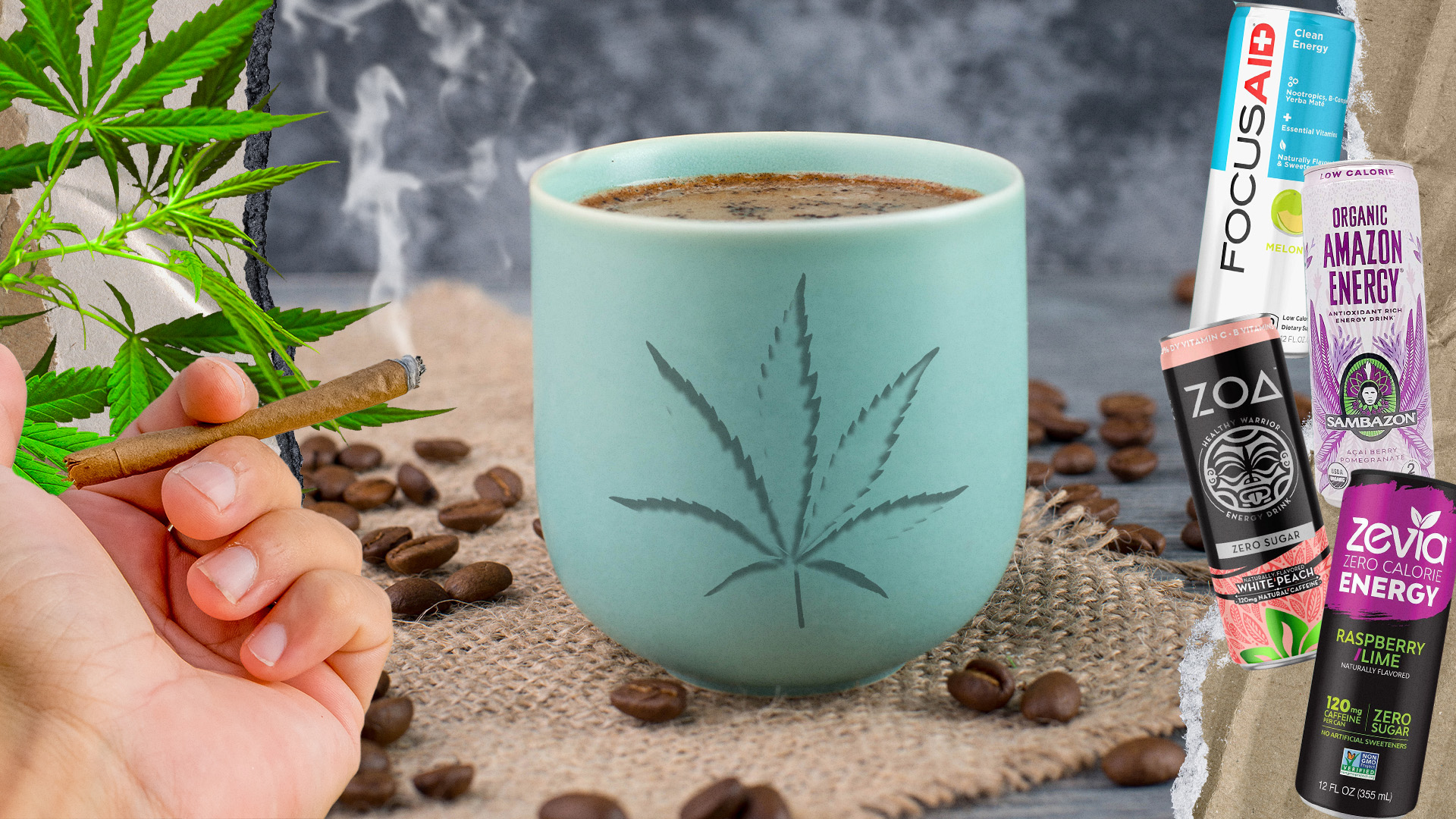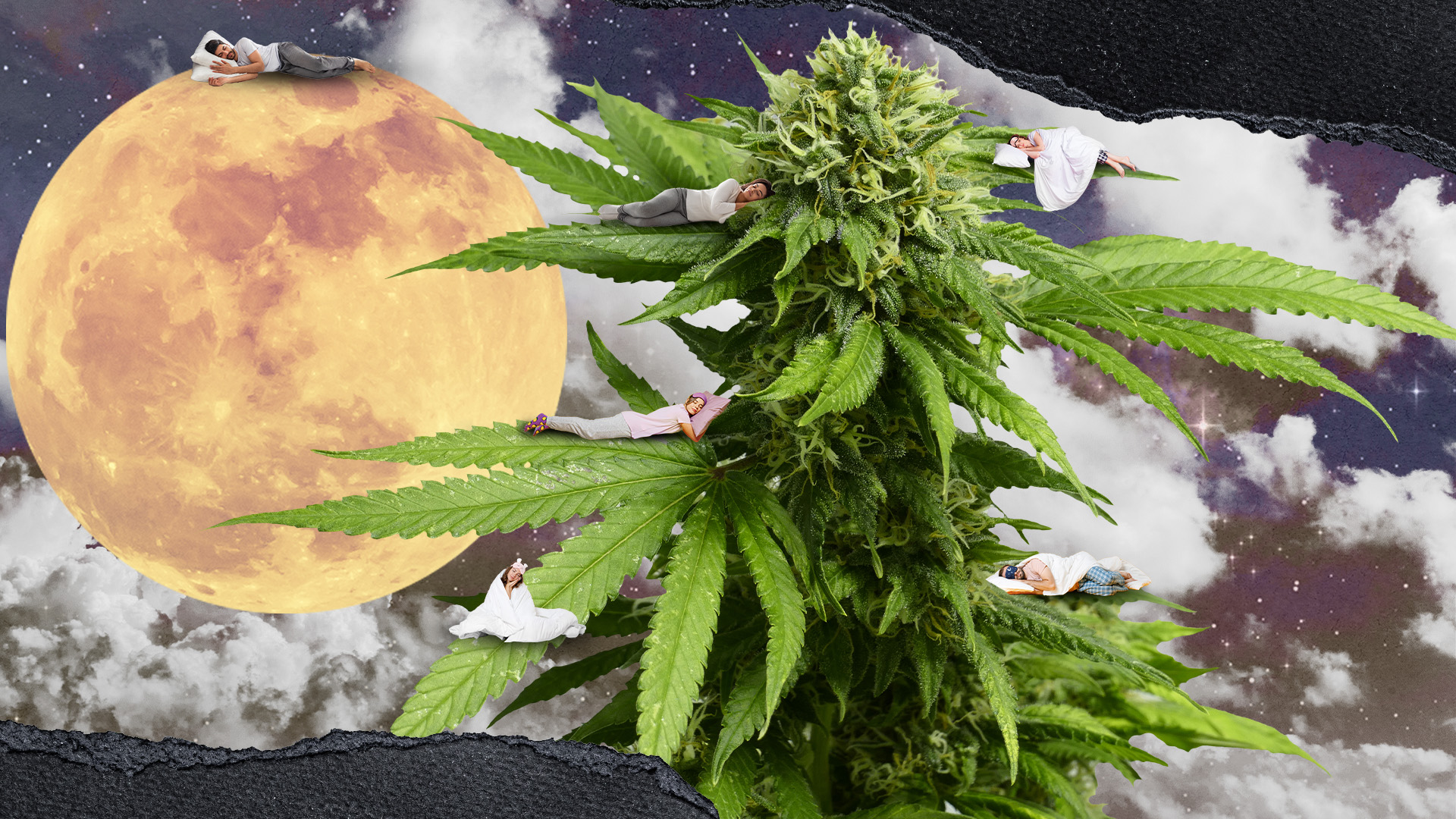In 2018, the leaders of 19 Caribbean nations decided that they would “review marijuana’s current status with a view to reclassification”. The leaders emphasized the importance of these cannabis legalization bills as a tool for social justice and economic gain.
Recently, The Bahamas’ made good on that 2018 promise. The island nation proposed several bills to legalize the use of cannabis for medical, research, and religious purposes. It has also decriminalized the possession of small quantities of cannabis. This adds the Bahamas to the growing list of Caribbean nations with a progressive stance on cannabis, like Jamaica and Antigua and Barbuda.
If authorities approve these bills, Bahamians caught with less than one ounce (30 grams) will only need to pay a $250 fine. Furthermore, the arrest will not even go on an individual’s criminal history. Previous convictions for such possession will be annulled. Most importantly, the use of cannabis for recreational purposes will no longer be against the law.
The Cannabis Legalization Bills and Their Regulatory Framework
The Bahamas’ legalization legislation is the result of years of painstaking research to ensure “that our legislation is in line with international best practices and tailored to our unique cultural and legal context”. The authors of the proposal studied cannabis regulations in other Caribbean communities like Barbados, Jamaica, St. Vincent and the Grenadines, as well as places like Canada.
The legalization proposal includes other bills that outline changes in regulation, pharmacies, and health professions laws. A new regulatory body, the Cannabis Authority, has the task of monitoring all these legislative proposals. The Cannabis Authority consists of nine people, who represent “a faith-based organization, civil society, and one person each from the fields of banking, law, agriculture, scientific research, pharmacy, and medicine.”
The Licensing Approach
The bills contain the framework to regulate cannabis production in the Bahamas. According to government officials, the bills reserve licenses for growing, retail, transportation, and religious use for Bahamians aged 21+. Additionally, research, testing, and manufacturing licenses are reserved for businesses that are at least 30% Bahamian-owned.
These licensing restrictions, Health and Wellness Minister Michael Darville said, secure “…opportunities for Bahamians to participate, and we look forward to their participation.” The Minster stated that the bills could make their way to Parliament as early as October.
Why You Should Get Your Medical Marijuana Card
Veriheal has satisfied millions of patients nationwide by giving them access to these benefits
- Larger purchase limits
- Peace of mind
- Enhanced legal protection
- Access to higher potency strains
- Save up to 25% on cannabis purchases
- Skip the line at the dispensary
‘The goal would be to debate them by the end of this calendar year because there is a lot of work that has to go into setting up the authority,” Minster Darville added. Before the government distributes licenses, it must complete relevant training and certifications and create a digital platform for tracing prescriptions.
The Medical Value of the Bill
These bills open a lot of opportunities for doctors in The Bahamas. They will now be allowed to prescribe medical cannabis to treat conditions like depression, epilepsy, multiple sclerosis, post-traumatic stress disorder, and cancer.
Touching on the importance of medical cannabis, Minster Darville had this to say:
‘There are many Bahamians, some who suffer from debilitating illnesses such as end-stage cancers and various forms of depression that are not responsive to clinical therapy…Many Bahamians have been reaching out to the ministry to have access to import these drugs into the country. These bills will make way for Bahamians to access these essential therapies to improve the quality of HealthCare Delivery System.”
The Religious Use of Cannabis
The bill also clears the way for the religious use of cannabis by groups like the Rastafarians. However, interested religious groups will first need to obtain a license to do so. Furthermore, licensed establishments can only permit the use of cannabis within their premises. This guarantees a balance between individual freedom and the need for oversight and regulation.
Author, Share & Comments











